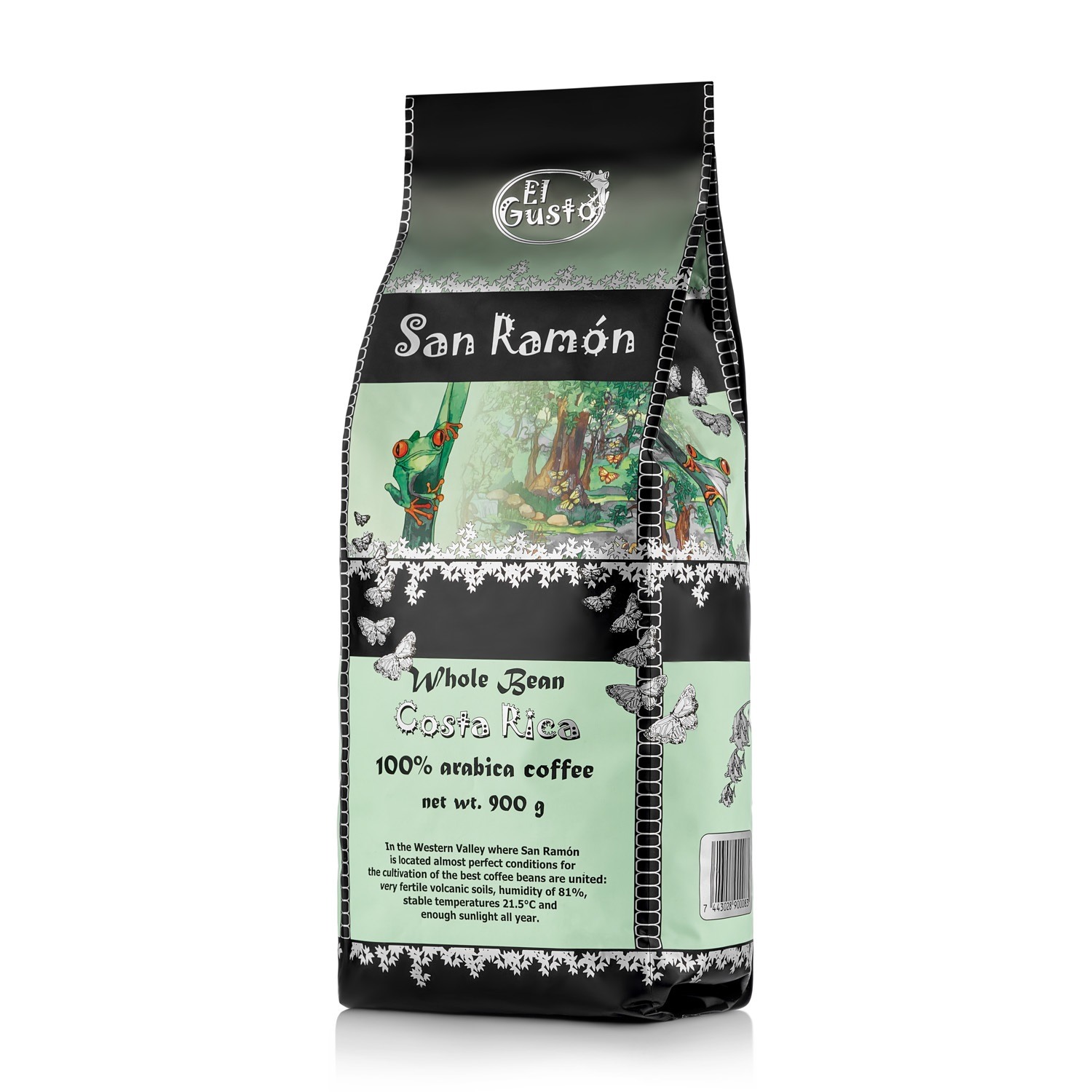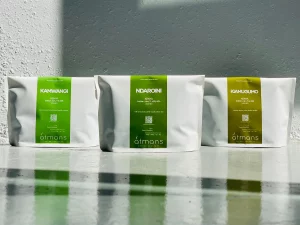
Fair Trade Coffee: Brewing Goodness From Crop to Cup
Fair Trade Coffee: Brewing Goodness From Crop to Cup
- Adam Smith
- 02-01-2024
- 02-01-2024
- 88808 views
- Coffee Beans

In the world of coffee, where beans traverse continents and cultures, the concept of fair trade has emerged as a beacon of ethical and sustainable practices. This blog explores the intricate journey of fair trade coffee, tracing its path from the hands of farmers to the cups of conscientious consumers.
1. The Essence of Fair Trade
Empowering Coffee Communities: At its core, fair trade is a movement dedicated to empowering coffee-producing communities. It ensures that farmers receive fair compensation for their labor, fostering economic stability and improving living conditions.
Transparent Supply Chains: Fair trade emphasizes transparency in supply chains. By establishing direct relationships between producers and buyers, it reduces the prevalence of exploitative practices and ensures a more equitable distribution of profits.
2. Sustainable Farming Practices

Environmental Stewardship: Fair trade encourages environmentally sustainable farming methods. From organic cultivation to biodiversity conservation, these practices prioritize the health of the land and minimize the ecological impact of coffee production.
Certifications and Standards: Certifications such as Fair Trade International and USDA Organic validate adherence to specific standards. These certifications serve as assurances to consumers that the coffee they enjoy aligns with ethical and environmental benchmarks.
3. Impact on Coffee Farmers

Fair Prices for Quality: Fair trade guarantees that farmers receive a fair price for their coffee, irrespective of market fluctuations. This stability enables them to invest in their farms, enhance the quality of their crops, and ultimately elevate the standard of their livelihoods.
Community Development: Beyond individual farmers, fair trade contributes to community development. The additional income generated is often reinvested in education, healthcare, and infrastructure, fostering holistic progress within coffee-growing regions.
4. Consumer Consciousness

Informed Choices: The rise of conscientious consumerism has led to an increased demand for fair trade products. Consumers, armed with knowledge about the impact of their choices, actively seek out coffee that aligns with their values of fairness and sustainability.
Creating Positive Change: Choosing fair trade coffee becomes a small yet impactful act of creating positive change. It sends a message to the industry that consumers prioritize ethical practices and are willing to support initiatives that prioritize both people and the planet.
5. Challenges and Future Directions
Challenges in Implementation: While fair trade has made significant strides, challenges persist. Issues such as access to markets, certification costs, and the complexity of global trade dynamics pose ongoing challenges for small-scale farmers.
Scaling Impact: The future of fair trade lies in scaling its impact. Collaborations between stakeholders, innovative business models, and continued consumer advocacy are essential for expanding the reach and effectiveness of fair trade practices.
Conclusion
Fair trade coffee is more than a label; it’s a commitment to a better, more equitable world. With each cup brewed using fair trade beans, we participate in a global movement that values the well-being of farmers, promotes environmental sustainability, and enriches the coffee experience for all.






















